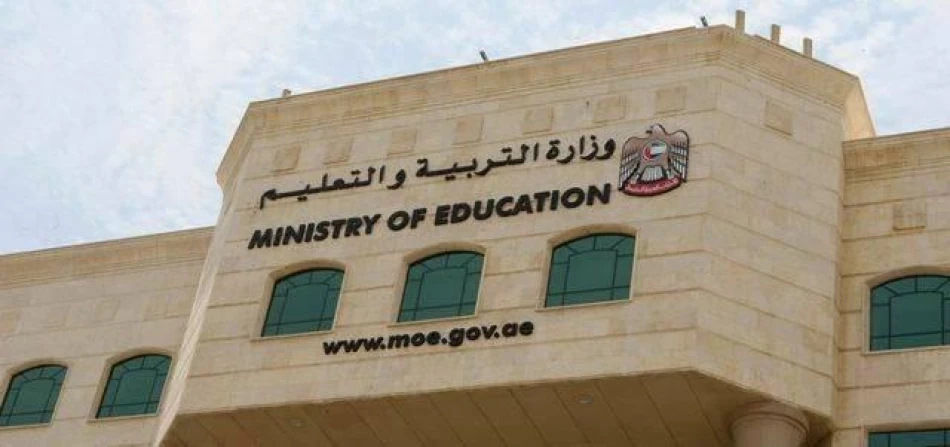
Education Ministry Unveils Student-Centric Service Model, Empowering Families
The UAE's Ministry of Education is putting students and parents at the center of its digital transformation efforts. The ministry is building a comprehensive communication system that responds quickly to questions, provides accurate information, and creates clear procedures to strengthen trust between educational institutions and the community.
This approach reflects the ministry's strategy to place users at the heart of the educational process. They're developing advanced educational services that meet individual and community needs while improving education outcomes to match the country's future goals.
The ministry emphasizes that respecting students and parents comes first in all interactions. They've built qualified teams that can engage positively with users, listen to feedback and suggestions, and involve the community in developing services.
The strategic policy focuses on creating an innovative and flexible regulatory environment. The ministry uses the latest digital technologies, tools, and data to design quality educational services that anticipate needs rather than just respond to them.
But this goes beyond just improving education outcomes. The ministry is creating broad community and institutional partnerships that promote welfare, quality of life, and lifelong learning opportunities for everyone.
The ministry's strategic goals include aligning education outcomes with future skills and enhancing the efficiency of educational institutions and their staff. They're also boosting academic research and innovation according to competitive global standards.
Student guidance, care, and empowerment remain central priorities. The ministry aims to achieve positive citizenship values and quality of life requirements while enhancing advanced technology capabilities to improve the educational process.
The ministry continuously works to improve institutional performance and adopt the best quality standards. This includes strengthening their electronic presence through easy and innovative channels for community communication.
They pay special attention to interaction through social media sites and applications, maintaining professionalism that achieves user satisfaction. The ministry has outlined clear steps for handling inquiries and consultations, whether they're personal or concern a wider segment of the community.
Personal questions receive private message responses, while general questions that interest a broad audience get answered on the main page so everyone can benefit from the information.
Most Viewed News

 Omar Rahman
Omar Rahman






